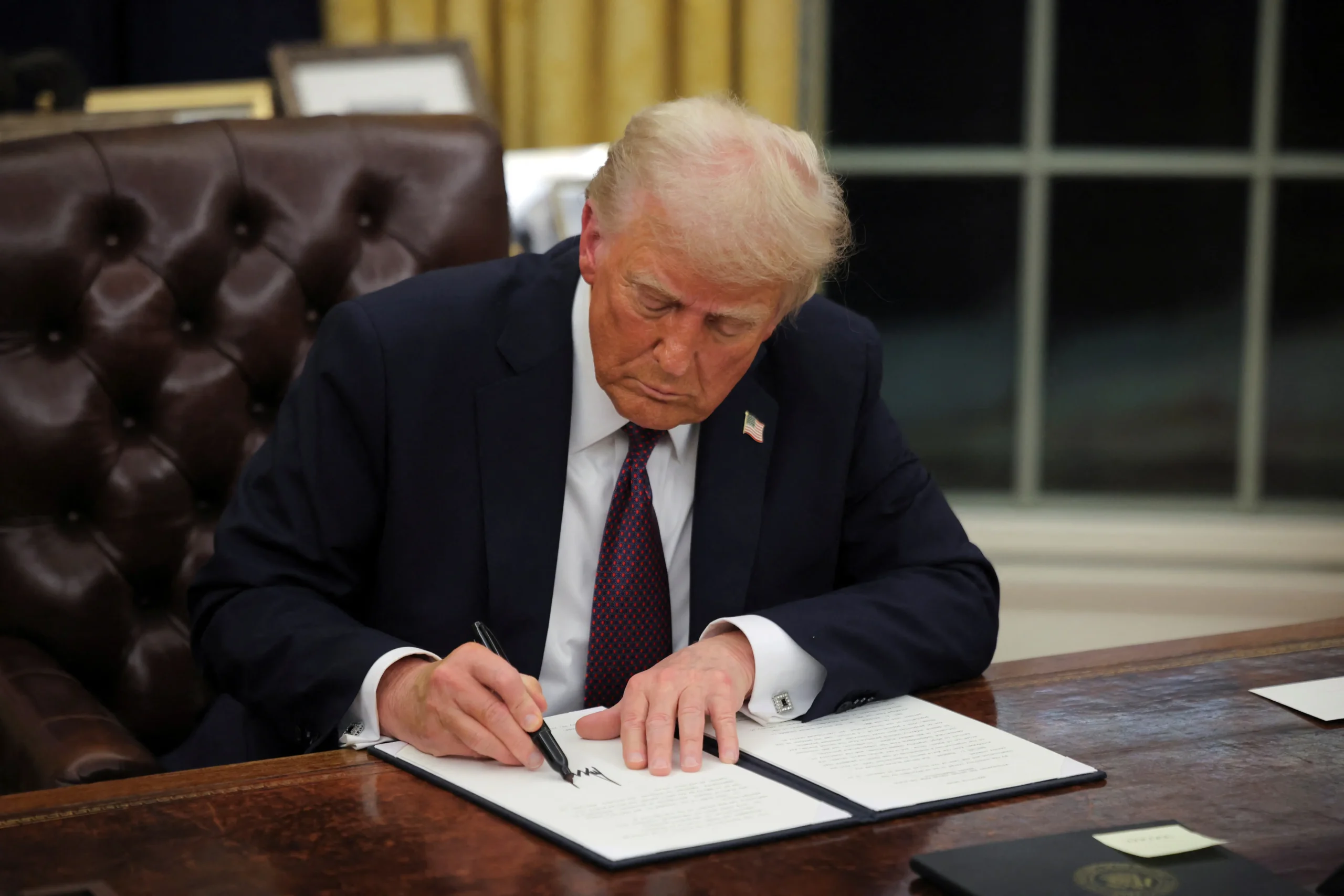Syria Faces Uncertainty after Assad’s Overthrow; Rebel Leader Vows Peace Amid Regional Tensions
Syria’s political landscape remains in flux following the overthrow of President Bashar Assad over the weekend, with government ministers still operating from Damascus as rebel forces secure much of the country. Streams of refugees have poured into neighboring countries, seeking refuge in the hope of a more peaceful future. Prime Minister Mohammed Ghazi Jalali sought to reassure the public, stating that the government is working to ensure a smooth transition and is coordinating with insurgents. Despite some signs of calm in the capital, including resuming civilian traffic and bakeries reopening, the situation remains tense, with armed groups seen in the streets. In a public appearance, a rebel fighter in Damascus vowed to protect all civilians, regardless of sect. The country’s future is uncertain, as former senior al-Qaida militant Ahmad al-Sharaa, now leader of the rebel alliance, promises a government based on inclusivity and tolerance. Yet, the challenge of unifying various factions, including Kurdish and Islamist forces, remains formidable. Internationally, Israel has confirmed multiple airstrikes on suspected chemical weapons sites and long-range rockets in Syria, aiming to prevent such weapons from falling into extremist hands. Israel has also seized a buffer zone inside Syria, responding to the power vacuum left by Syrian troop withdrawals. Meanwhile, Russia has granted political asylum to Assad, though Kremlin spokesperson Dmitry Peskov declined to comment on Assad’s whereabouts or whether a meeting with President Vladimir Putin is planned. In northern Syria, Turkish-backed forces claimed victory in the town of Manbij, previously controlled by Kurdish-led Syrian Democratic Forces (SDF), which have long been allied with the U.S. However, Turkish airstrikes have resulted in civilian casualties, further complicating the situation. As Syria grapples with its future, the rise of new armed groups, foreign interventions, and shifting alliances signal that the road ahead will be fraught with challenges for both the Syrian people and the broader region.



